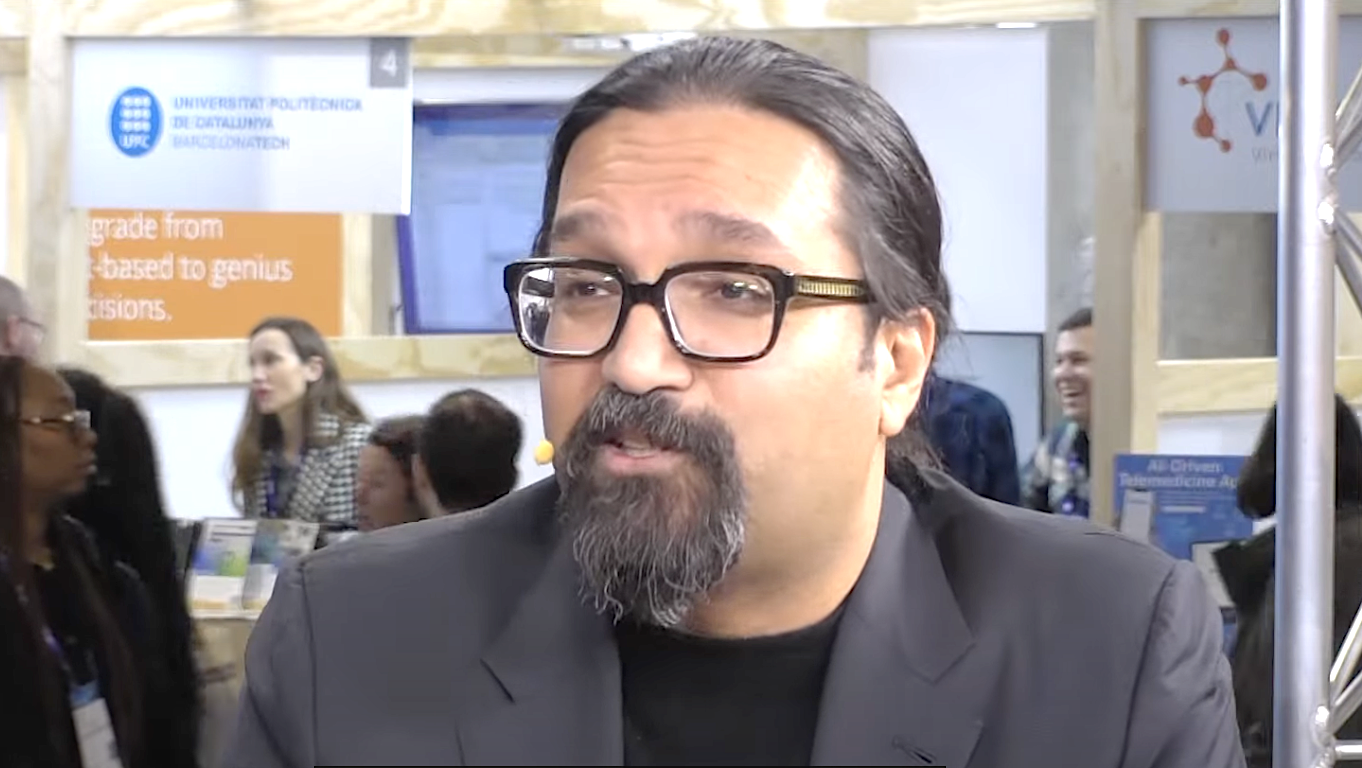If only he had shut his bedroom door, Diab Rahim would probably be alive today.
Instead, an hour or so before dawn, the gas that wafted down Arwaki street, killing in its wake, drifted through the open-air courtyard of the Rahim family home and into his room, before seeping into the 23-year old’s lungs as he slept.
Diab’s father, Khalil, who had spent the night with his wife behind a closed door, awoke to women calling for help in the street. He stumbled across to his son’s room, only to find him lying unresponsive on his bed, white froth dribbling from the corners of his mouth.
“There was a hospital just 300 yards away,” Khalil Rahim said, recalling the evening. “I picked him up and ran all the way. It was only as I got there and saw so many other people in the same state that I realised there had been a chemical attack.”
It was late 2013 and the Syrian army had just fired rockets filled with poisonous gas at the town of Harasta, the latest in a series of such attacks on the rebel-held Ghouta region that hugs the northern outskirts of Damascus, Syria’s capital.
Harasta had been under government siege for years and food was difficult to come by. So, hours before dawn every day, crowds gathered outside the bakery on Arwaki street waiting for the free bread the shop would hand out. The gas detonated in their midst.
According to municipal officials and rebel fighters, 35 people died in the attack on Arwaki street, most of them in the queue for bread.
It was not the only chemical attack on the Ghouta region that year.
Khalil Rahim carried his unresponsive son to the hospital only to realise on arriving ‘there has been a chemical attack’ – Eduardo Soteras
There had been warnings from Barack Obama, the then US president, that the deployment of chemical weapons by the Syrian regime would cross “a red line for us” and trigger a Western military response.
But Bashar al-Assad, Syria’s fallen president, called the West’s bluff, launching a series of nerve-agent attacks across Ghouta, the worst of which, a sarin strike, killed more than 1,000 people on Aug 21 2013 in the deadliest night of the country’s 13-year civil war.
Yet, in what would become the defining foreign policy moment of the Obama presidency, the United States and its main ally Britain shied away from military action.
It was a pivotal moment not just in the Syrian civil war, with critics saying it emboldened Assad to escalate the killing of his own people, but in the perceived decline of Western influence in the Middle East.
It has also led the British Government’s recent soul-searching and recrimination, with Ed Miliband, the Labour leader at the time, coming under attack from within his own party for his role in Britain’s failure to respond militarily.
In 2013 the House of Commons defeated a motion tabled under a free vote by David Cameron, the then prime minister, to authorise air strikes against the Assad regime. Labour opposed the motion, as did 30 Tory MPs and nine Liberal Democrats.
The defeat of the bill was a contributing factor in Mr Obama opting against the use of force, a decision that critics say resulted in Assad remaining in power for far longer than he might.
That sentiment is widely shared in the towns of Ghouta.

Crowds would gather outside the bakery on Arwaki street waiting for the free bread the shop would hand out – Eduardo Soteras
“They just talked and did nothing,” said Musbah Abdel-Jalil, head of Harasta’s municipal authority while it was under rebel control between 2012 and 2018, and again since Assad’s overthrow last Sunday.
“If Obama had bombed the Assad regime, it would have changed the course of the war. It would have saved the lives of women and children.”
It might even, he added, have saved his own family. Far from being deterred, Assad redoubled his efforts against towns like Harasta, particularly after Russia’s military intervention from 2015 – something Mr Abdel-Jalil believes would not have happened had the West taken action.
Russian bombing obliterated entire districts of Harasta and neighbouring towns, much of which remain uninhabitable today.
At some stage in 2016, Mr Abdel-Jalil said Russian planes struck a school playground, killing 17 children aged between seven and nine. Two days later a bomb fell on his house, killing his sleeping wife Raja and their nine-year-old son Adnan.
Even as Harasta’s residents celebrate Assad’s downfall, the sense of bitterness and betrayal still festers.
Hussein Rubais, a fighter with a local rebel militia, was a victim of one of the chemical attacks on Harasta in 2013, when a shell landed close to the al-Rahman mosque near where he and his men were positioned.

Hussein Rubais, a rebel fighter, recalls feeling ‘like I had been drugged’ after falling victim to one of Assad’s chemical attacks – Eduardo Soteras
“I don’t recall hearing anything,” he said. “I must have lost consciousness. When I awoke I felt like I had been drugged. I couldn’t understand what was happening.
“I was taken to the hospital where they immediately stripped off my clothes and doused me with water. They put liquid in my eyes and injected me with atropine. When I awoke I was in a ward full of men wearing no clothes.”
As he convalesced, he waited for a Western response. None came.
“It felt like no-one cared – not just in America, but everywhere,” he said. “Then the outside world came to the conclusion that all the rebels were Islamic extremists and forgot about us. But it was only ever a small minority that were extreme. Most of us were not.”
As the war ground on in Harasta, the situation became ever more desperate. Fighters and civilians alike moved around the town through an 18-mile network of underground tunnels. There was no electricity or water and precious little food.
Khalil Rahim, who lost not just Diab but his older brother Bassem as well, struggled with his wife to feed their six grandchildren.
The Ghouta region had been famous for its orchards, trees groaning with luscious peaches, apricots and pears, but now there was often nothing. Mr Rahim said on bad days he would sneak across the street to pull leaves off a tree, which his wife would boil up into a soup for the children.
And, amid the bombing, the chemical attacks continued, with Human Rights Watch recording at least 85 between 2013 and 2018.
Then, in early April 2018, after weeks of the most intensive Russian bombardment yet, the final chemical attacks struck the town of Douma to the north of Harasta, prompting the rebels to abandon Ghouta to the regime over the following days.

After reported gas attacks in Ghouta, people were treated in makeshift hospitals – Hasan Mohamed/AFP via Getty
Abu Ali-Al Rehani, a fighter out on the streets, was lucky. He had heard the tell-tale pop, similar to a coke bottle being opened, that often presaged an attack, as well as a cry of “chemicals, chemicals!”
And although he suddenly found himself unable to breathe – “as though all the oxygen had been sucked out of my lungs”, he said – he survived after a long spell recovering in a Turkish hospital.
The family of Amer Hanan Abu Shaked, another fighter, was less fortunate. Sleeping in a nearby house, nearly all of them died, including his wife, two of his children and three grandchildren, the youngest just six months old.
Whether Mr Abu Shaked’s family and untold others might still be alive had the West acted in 2013 will remain one of the big questions of the Syrian uprising.
There is no easy answer.
Instead of military action, Mr Obama agreed to a Russian proposal to rule out air strikes in exchange for international inspectors overseeing the dismantling of Syria’s chemical weapons programme.

A rebel fighter walks through a confinement room at a detention centre in Harasta – Eduardo Soteras
As a result of the deal, more than 1,000 tons of sarin and other chemicals were destroyed, enough to have repeated the deadliest attack of the war 1,800 times over.
While the Assad regime continued to use chemical weapons, Mr Obama’s defenders say the deal probably eliminated far more of his stocks than air strikes would have done.
His critics, including many in Syria, would say that threatening action and not following up on it contributed to Assad’s growing sense of impunity – an impunity that resulted in at least half a million deaths.
“I don’t know who is right and who is wrong,” said Mr Rahim, wearily. “All I know is that I have six grandchildren with no fathers. How do I explain it to them?”
Broaden your horizons with award-winning British journalism. Try The Telegraph free for 3 months with unlimited access to our award-winning website, exclusive app, money-saving offers and more.















